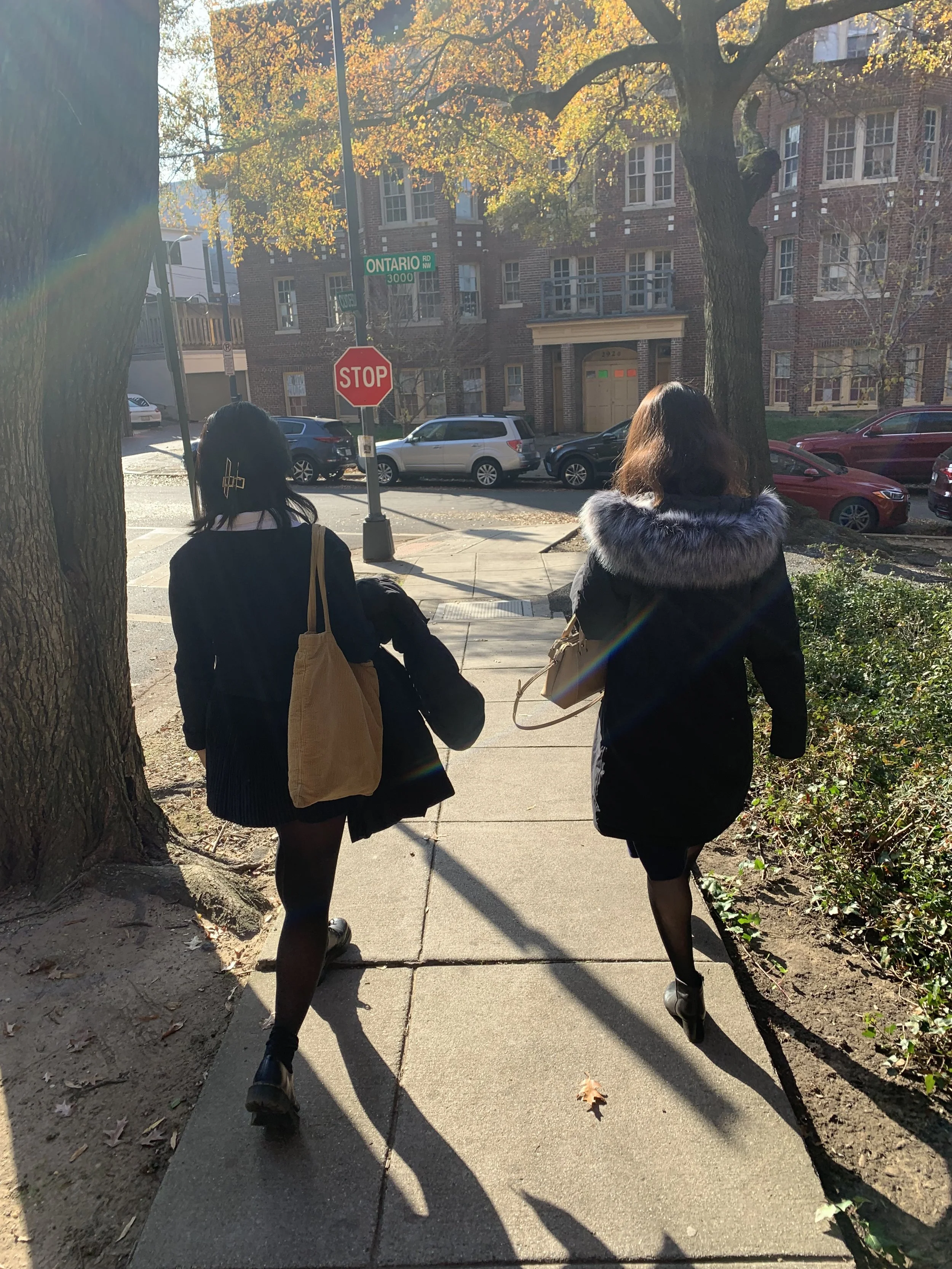6個ABC社會青年的成長故事
你希望你的孩子在20-30年後會成為什麼樣的人?你希望與他們有什麼樣的關係?
以下是我們一些ABC朋友(約30嵗)成長故事的典型案例。你希望你的家庭成為哪一種?
金錢。M. 在灣區長大,她的父母因為環境的競爭而對她要求很高,從小就讓她從早上5點上課上到下午5點,並讓她進入該地區最具競爭力的私立高中。父母不斷提醒她金錢的重要性,並且告訴她只有學習STEM才會支付她的大學學費。畢業於加州大學伯克利分校,起初是醫學預科,後來轉為計算機科學。成為Meta的軟體工程師。空閒時間,她為一個雜誌寫文章。她會說中文,但由於父母施加壓力的方式,而與家人聯繫不密切,並且試圖在假期期間不要回家。
家庭和朋友。A. 在南加州的一個教會社區長大。他的父母總是提醒他,信仰和健康是最重要的。畢業於加州大學戴維斯分校,主修英文。畢業後找工作困難,經歷了幾個月的迷惘,最終從事行銷工作,並在一家成功的初創公司工作。每隔一週與家人見面,並優先考慮健康飲食、運動和與教會、父母及最親密的朋友共度時光。
成就。C. 在德州長大,高中時期就讀於德州數學與科學學院,之後就讀德州大學奧斯汀分校。他的父母以工作為榜樣,不斷提醒他在20多歲時應該努力工作,以建立成功的事業。他大學畢業後成為一家頂尖初創公司的產品經理,但面臨工作狂的困擾,有時每週工作超過60小時。經歷了好幾段的交往,但由於無法投入時間,沒有穩定的伴侶。
熱情。S. 在紐約長大。她的父母強調獨立和能力的重要性。她就讀普渡大學,追隨她對新聞學的熱情。畢業後,她在《紐約時報》擔任記者,並決定短暫調任北京分部,了解她自己的文化遺產並報導中國新聞。她走遍世界,並獲得了多個國家級報導獎項。她賺的錢比她的一些同齡的人少,但對自己的職業滿意,沒有感受到經濟壓力,因為她的社交圈大多收入差不多。
改變。Z. 在明尼蘇達州長大。她的父母認為特殊表現對大學入學很重要,因此她和她的弟弟妹妹都憑藉贏得全國性運動比賽進入普林斯頓大學,但由於練習所需的時間,無法探索其他興趣。在大學期間感到迷失,像其他朋友一樣進入金融行業,但因為不合適而陷入抑鬱。最終意識到她的使命是成為一名治療師,在20多歲時申請研究所重新培訓,幫助他人。
同化。H. 出生於中國,但小時候搬到新澤西州,在那裡他是少數幾個亞裔之一。父母總是強調融入白人社會和學習美國習俗的重要性。他上寄宿學校,然後進入賓夕法尼亞大學攻讀本科和沃頓商學院的MBA,之後成為華爾街的成功銀行家。在紐約上州擁有一座豪宅。能夠輕鬆融入白人社會,但不會說中文,並試圖遠離其他亞裔,包括他在硅谷工作的表兄弟。
看到這些故事,我們注意到幾點:
美國的學術和職業道路非常動態,需要父母幫助孩子建立自我認識和韌性
外表可見的“成功”(即頂尖學校,頂尖公司)並不總是對應到幸福或健康
父母的榜樣和價值觀對孩子的影響遠大於父母爲孩子做的任何一個選擇
在我們即將發布的文章中,我們將採訪更多ABC,聽聽他們成長的故事。如果你有興趣獲知更新,可以關注我們的FB page或在thisabclife.com加入我們的電子郵寄名單。
Who do you hope your child will become in 20-30 years? What kind of relationship do you hope to have with them?
These are composite character profiles of some of our ABC friends (around 30 years old) and their relationships with family. Which one would you hope for your family?
Money. M. Grew up in the Bay Area, where her parents pushed her very hard because of the competitive environment, enrolling her in classes from 5am to 5pm starting when she was a young child and putting her through the most competitive private high school in the area. Parents constantly reminded her that money was important, and told her they would only pay for her college degree if she studied STEM. Graduated from UC Berkeley, where she started out pre-med, then transitioned to Computer Science. Became a software engineer at Meta. In her free time, she writes for a magazine. Speaks Chinese, but not in close contact with her family because of the tactics they used to pressure her, and tries not to come home during the holidays.
Family and friends. A. Grew up in a church community in Southern California. His parents who always reminded him that faith and health are the most important. Graduated from UC Davis with a degree in English. Had trouble finding a job after graduation for many months and struggled with what to do with his degree. Eventually fell into marketing and found work at a successful start-up. Sees his family every other week and makes it a priority to eat well, exercise, and spend time with his church, parents and closest friends.
Achievement. C. Grew up in Texas and attended the Texas Academy of Mathematics and Science for Math and Science in his high school years, then attended UT Austin for undergrad. His parents role-modeled working extensively, and are constantly reminding him that he should work hard in his 20s to build a successful career. He became a product manager after college at a top startup but has struggled with workaholicism and sometimes works more than 60 hours per week. Has had a series of relationships but no stable partner as he has not had the time to commit.
Passion. S. Grew up in New York. Her parents emphasized the importance of independence and capability. She attended Purdue, where she followed her passion in journalism. After graduation, she worked as a reporter for The New York Times and decided to move to their Beijing bureau briefly to learn more about her heritage and report on Chinese news. She has traveled all over the world and won numerous national awards for her reporting. She makes less money than some of the peers she grew up with, but is content with her career and doesn’t feel financial pressure since most people in her social circles now make around the same amount.
Change. Z. Grew up in Minnesota. Her parents believed that it was important to specialize to stand out for college admissions, so she, along with her younger sister and brother, all got into Princeton on the basis of winning national sports competitions, but had limited time to explore other interests because of the amount of time required to practice. She felt lost in college, and defaulted into working in finance like many of her other friends, but fell into depression because it was not the right fit. Eventually realized her calling was to be a therapist and applied to go to grad school in her mid-20s to retrain and help others.
Assimilation. H. Born in China but moved to New Jersey when he was young, where he grew up as one of the few Asians in the neighborhood. Parents always emphasized the importance of assimilating into white society and learning from American customs. Went to boarding school and then UPenn for undergrad and Wharton for MBA, then became a successful banker on Wall Street. Owns a mansion in upstate New York. Has no problem blending in with white people, but cannot speak Chinese and tries to stay away from associating with other Asian people, including his own cousins who are software engineers.
Seeing these stories, a few things stand out to us:
Academic and career paths in the US are extremely dynamic and require parents to help their kids build self-understanding and resilience
Visible “success” (i.e. top school, top company) does not always correspond to happiness or health
A parent’s role-modeling and values have a much bigger effect on a kid than any single choice a parent makes for the kid
We’ll be interviewing more ABCs in the future - you can follow our FB page or join our mailing list at thisabclife.com to get the latest updates.
